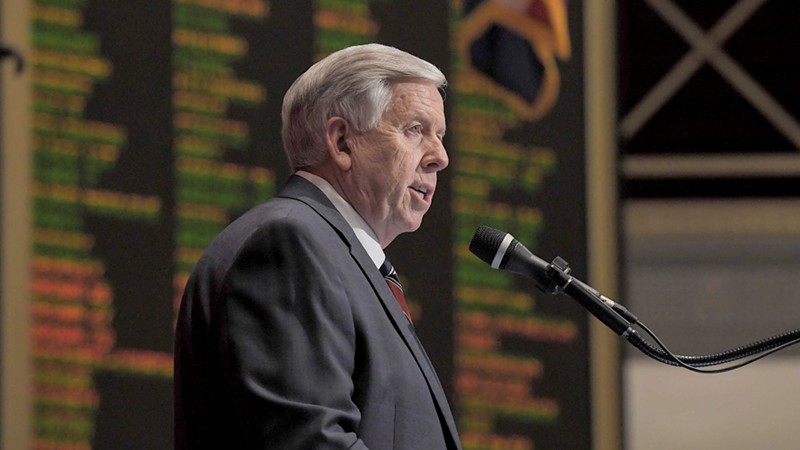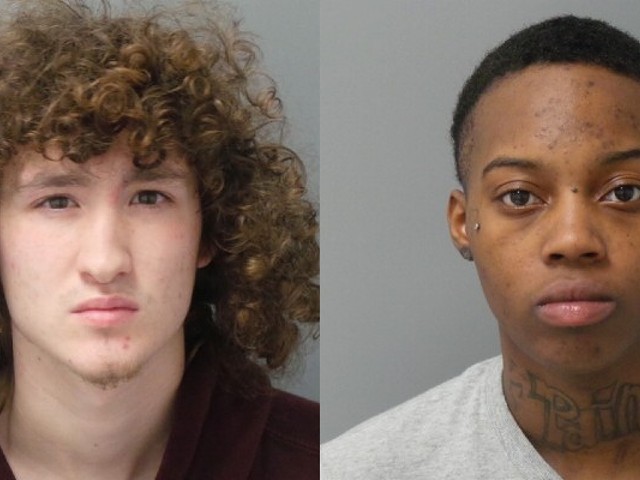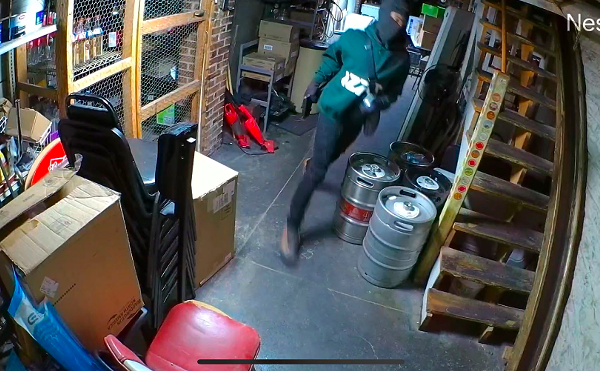
TIM BOMMEL/HOUSE COMMUNICATIONS
Monday's shooting has renewed attention to the Second Amendment Preservation Act signed by Missouri Governor Mike Parson last year.
Missouri has some of the weakest gun laws in the country, according to gun-control advocacy group Everytown for Gun Safety. Out of all 50 states, anti-gun violence nonprofit Giffords ranks Missouri 47 out of 50 for gun safety.
Missouri state law allows people to carry hidden and loaded handguns in public without a permit or safety training. Missouri also does not require background checks on unlicensed gun sales.
St. Louis police say Harris purchased the weapon he used Monday from a private seller who purchased the weapon legally. This was after an FBI background check blocked Harris in his attempt to purchase a firearm from a licensed dealer in St. Charles.
“There is no existing law which would have prevented the private sale between the original purchaser and the suspect in this case,” SLMPD Sergeant Charles Wall says.
Missouri has no red flag law, meaning St. Louis Police had no recourse to seize Harris’ gun on the multiple occasions they were called to the suspect’s residence.
According to police reports obtained by KSDK, police visited the shooter’s home multiple times before Monday’s mass shooting.
In June, SLMPD’s crisis response unit responded to a call at his home. On July 6, officers responded again for a suicide attempt. And on July 26, almost exactly three months before Monday’s tragedy, SLMPD’s critical incident team responded to the house again for a threat with a violent weapon.
On Wednesday, police said that on October 15, officers responded to another call at Harris’ home for a domestic disturbance call after Harris’ mother found the firearm he allegedly used Monday. It would be the final time police were called to the home before Monday’s shooting.
Last year, Missouri Governor Mike Parson signed the Second Amendment Preservation Act. The law bucks any federal gun laws and regulations that don’t align with Missouri law, including statutes on weapons registration and possession by domestic violence offenders. (Missouri has no law prohibiting domestic abusers from possessing guns, according to Everytown).
The act bars local police from enforcing federal gun law or working with federal officials attempting to enforce such laws. If they’re found doing so, the law allows “injured parties” to sue law enforcement for $50,000 each time they can prove their second amendment rights were violated.
St. Louis, St. Louis County and Jackson County have sued to block the state law.
According to police, Harris had over 600 rounds of ammunition on his person, including seven magazines of ammunition on a chest rig and an additional eight magazines in a field bag.
Police would have had no way of knowing that Harris had such a large arsenal in his possession. Missouri does not require licenses to buy or sell ammunition, nor does it require sellers to maintain a record of purchasers, according to Giffords Law Center to Prevent Gun Violence.
Yesterday, after commending St. Louis Metropolitan Police officers for their handling of Monday’s shooting, Parson told KSDK gun safety laws wouldn’t have made a difference.
“You got a criminal that committed a criminal act, you know, all the laws in the world are not going to stop those things,” Parson told reporters.
In a way, Parson is right. No current law would have prevented Harris from purchasing his gun from a private seller.
Yet the U.S. made strides toward more common sense gun laws this summer with the passage of the Bipartisan Safer Communities Act, which even gained the support of Republican Missouri Senator Roy Blunt.
The act expands background checks, incentivizes red flag laws and creates a longer waiting period for buyers under 21.
At a press briefing this week, St. Louis Mayor Tishaura Jones said the act is a good first step, but “there’s so much more work to do.”
At the same event, representative Cori Bush, D-St. Louis, said the act is just “the tip of the iceberg.”
“My team and I, we are working relentlessly to introduce and advance gun reform policies rooted in public health to protect and address the needs of our community,” Bush said.






